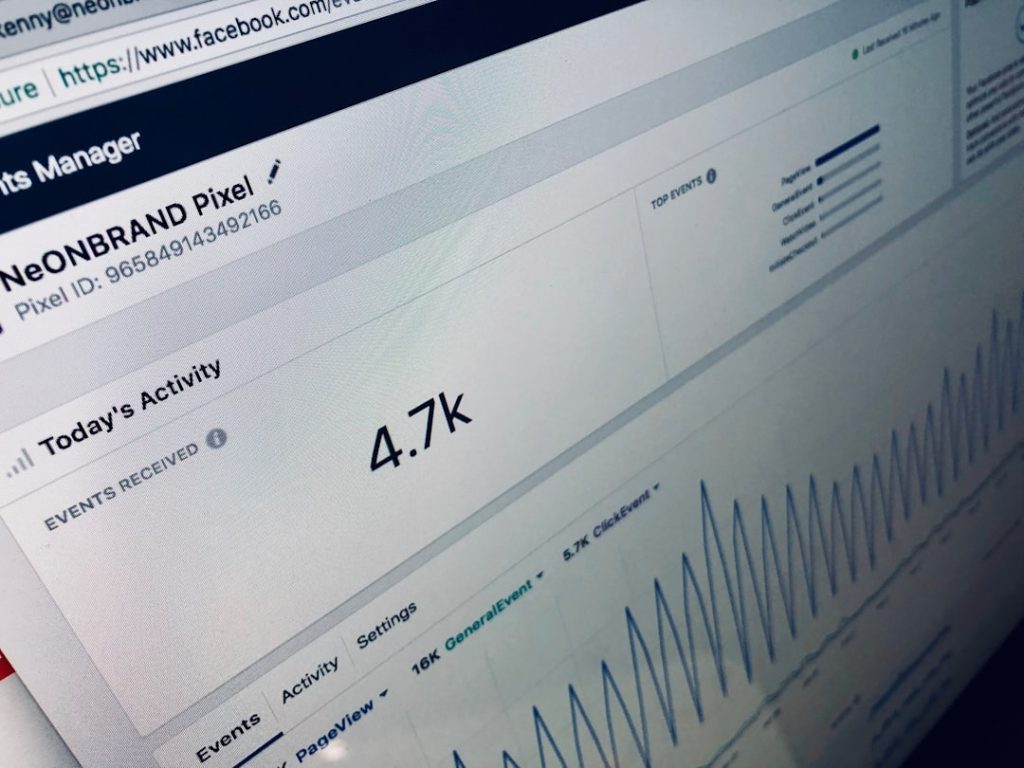Expungement is a legal process that allows individuals to remove certain criminal records from public view, thereby providing them with a fresh start. This process can be crucial for those who have made mistakes in the past and are seeking to reintegrate into society without the burden of a criminal history. Traditionally, navigating the expungement process has been a complex and often daunting task, requiring individuals to understand intricate legal procedures and paperwork.
However, the advent of technology has begun to transform this landscape, making it more accessible and efficient for those in need. The intersection of expungement and technology has opened up new avenues for individuals seeking to clear their records. With the rise of digital tools and resources, the expungement process is becoming increasingly streamlined.
From artificial intelligence (AI) screening tools to online eligibility checkers, technology is playing a pivotal role in simplifying what was once a cumbersome procedure. As more people become aware of their rights and the potential for expungement, the integration of technology into this field is likely to grow, offering hope and assistance to many who wish to move forward in their lives.
Key Takeaways
- Expungement is the process of sealing or clearing a person’s criminal record.
- AI screening tools can help identify eligible cases for expungement by analyzing vast amounts of data quickly and accurately.
- Eligibility checkers use technology to assess an individual’s eligibility for expungement based on specific legal criteria.
- Self-help tools provide individuals with the resources and guidance needed to navigate the expungement process on their own.
- Automating expungement can lead to increased efficiency, cost savings, and improved access to justice for individuals with criminal records.
AI Screening Tools for Expungement
AI screening tools have emerged as a significant innovation in the realm of expungement. These tools utilize advanced algorithms to analyze an individual’s criminal record and determine their eligibility for expungement based on specific criteria set by state laws. By automating this initial screening process, AI tools can save individuals considerable time and effort, allowing them to focus on other aspects of their lives while still pursuing the opportunity for a clean slate.
Moreover, AI screening tools can provide personalized feedback and guidance tailored to each user’s unique situation. This level of customization is particularly beneficial, as it helps individuals understand not only their eligibility but also the steps they need to take to initiate the expungement process. By leveraging data analytics, these tools can identify patterns and trends in expungement cases, potentially leading to improved outcomes for users.
As technology continues to evolve, the capabilities of AI screening tools are expected to expand, further enhancing their effectiveness in assisting individuals with their expungement journeys.
Eligibility Checkers for Expungement

Eligibility checkers are another technological advancement that has significantly impacted the expungement process. These online tools allow individuals to input their information and receive immediate feedback regarding their eligibility for expungement. By answering a series of questions related to their criminal history, users can quickly ascertain whether they qualify for expungement under current laws.
This instant access to information empowers individuals by providing clarity and direction in what can often be a confusing legal landscape. The convenience of eligibility checkers cannot be overstated. In the past, individuals seeking expungement would often have to consult with legal professionals or navigate complex legal documents on their own.
This could lead to frustration and uncertainty, particularly for those who may not have the financial means to hire an attorney. With eligibility checkers, individuals can take the first step toward understanding their options without incurring significant costs. Furthermore, these tools can help reduce the backlog of cases in courts by allowing only those who are eligible to proceed with the expungement process, thereby streamlining the overall system.
Self-Help Tools for Expungement
Self-help tools for expungement have gained traction as more individuals seek to take control of their legal situations without relying solely on legal representation. These resources often include comprehensive guides, templates for necessary forms, and instructional videos that walk users through each step of the expungement process. By providing accessible information and resources, self-help tools empower individuals to advocate for themselves effectively.
The rise of self-help tools reflects a broader trend toward democratizing access to legal information. Many people are now more inclined to explore these resources as they recognize that they can navigate the expungement process independently. This shift not only fosters a sense of agency among individuals but also encourages them to become more informed about their rights and responsibilities under the law.
As self-help tools continue to evolve, they are likely to incorporate more interactive features, such as chatbots or virtual assistants, further enhancing user experience and support.
Benefits of Automating Expungement
The automation of the expungement process offers numerous benefits that extend beyond mere convenience. One of the most significant advantages is increased efficiency. By automating various aspects of the process—such as eligibility checks, form completion, and document submission—individuals can save valuable time that would otherwise be spent navigating bureaucratic hurdles.
This efficiency not only benefits applicants but also alleviates some of the burdens on court systems that often struggle with high volumes of cases. Additionally, automating expungement can lead to greater accuracy in the handling of applications. Human error is an inevitable part of any manual process; however, automated systems can minimize mistakes by ensuring that all necessary information is collected and processed correctly.
This accuracy is crucial in legal matters where even minor errors can result in delays or denials of applications. Furthermore, automation can enhance transparency in the expungement process by providing applicants with real-time updates on their case status, fostering trust between individuals and the legal system.
Challenges and Limitations of Automating Expungement

Despite the many advantages associated with automating the expungement process, there are also challenges and limitations that must be acknowledged. One significant concern is the potential for over-reliance on technology. While AI screening tools and eligibility checkers can provide valuable insights, they may not account for all nuances in an individual’s case or local laws.
This could lead to situations where individuals mistakenly believe they are eligible for expungement when they are not or vice versa. Moreover, there is a risk that automation could inadvertently create barriers for those who may not have access to technology or who are less technologically savvy. Individuals from marginalized communities may face challenges in utilizing these digital resources due to lack of internet access or familiarity with online platforms.
As such, it is essential for stakeholders involved in the expungement process to ensure that technology serves as an aid rather than a hindrance. This may involve providing alternative resources or support systems for those who may struggle with automated tools. In conclusion, while technology has undoubtedly transformed the expungement landscape by introducing innovative tools and resources, it is crucial to approach these advancements with a balanced perspective.
The benefits of automation are clear—enhanced efficiency, accuracy, and accessibility—but they must be weighed against potential challenges that could arise from over-reliance on technology or unequal access to digital resources. As society continues to navigate this evolving intersection of law and technology, it is imperative that all individuals have equitable opportunities to pursue expungement and reclaim their lives free from the shadows of past mistakes.
Automating Expungement: How Technology is Helping Clear Criminal Records is a fascinating article that discusses the impact of technology on the legal system. For further information on this topic, you can check out MyLitiCare, a website dedicated to providing resources and tools for individuals seeking to clear their criminal records. This platform offers valuable insights and guidance on the expungement process, making it easier for individuals to navigate the legal system and move forward with their lives. Additionally, you can also visit this page for more in-depth information on expungement services and how technology is revolutionizing the way criminal records are cleared.













